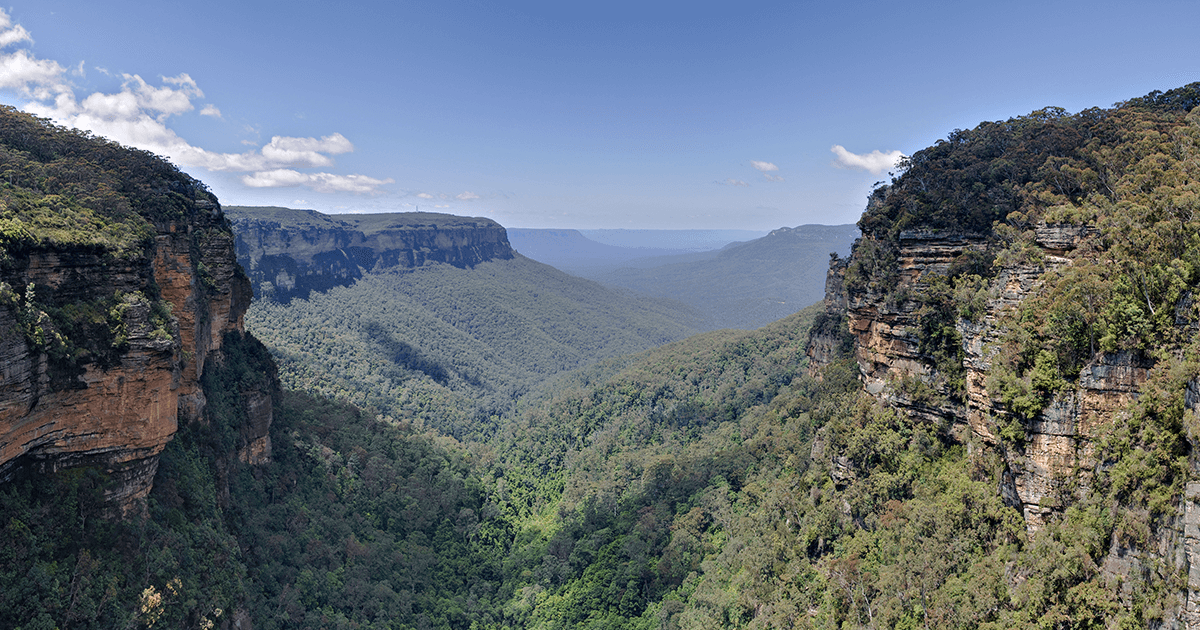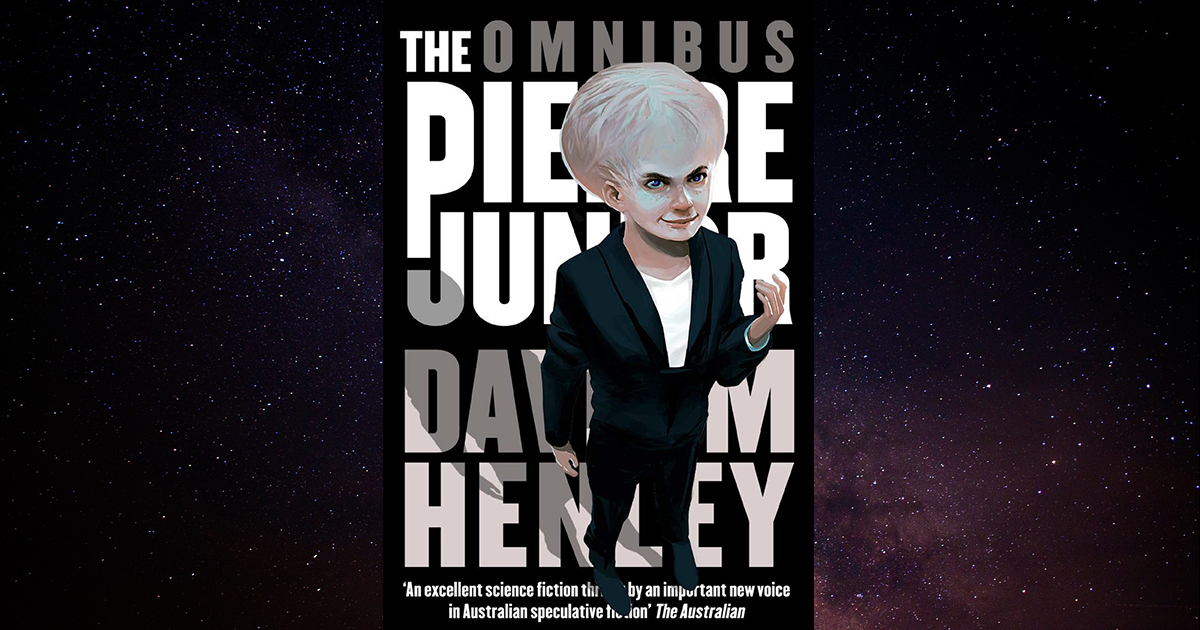My Spine, Your Pillow
Daniel John Pilkington When the sun sets and everything is cellophane Exquisite adjectives Velleity Thoughts that make us feel younger Names for stray cats Dumplings Psilocybin The significance of hair The heating should be more than quiet A hierarchy of self-contradictions When a man lives alone The most common dreams Humidities Theories of why we laugh Artifacts we dare to call natural My favourite apocalypse Plums Things once thought to be aphrodisiacs Things that suggest hidden worlds Possible bookmarks Hypocrisies Numbing things Once when I understood my anger When I was the first to leave and the last to arrive…



